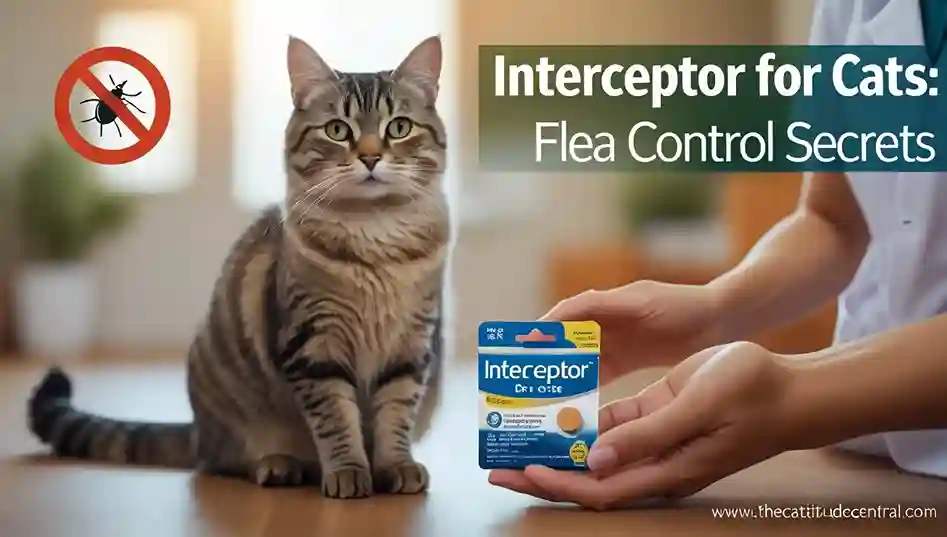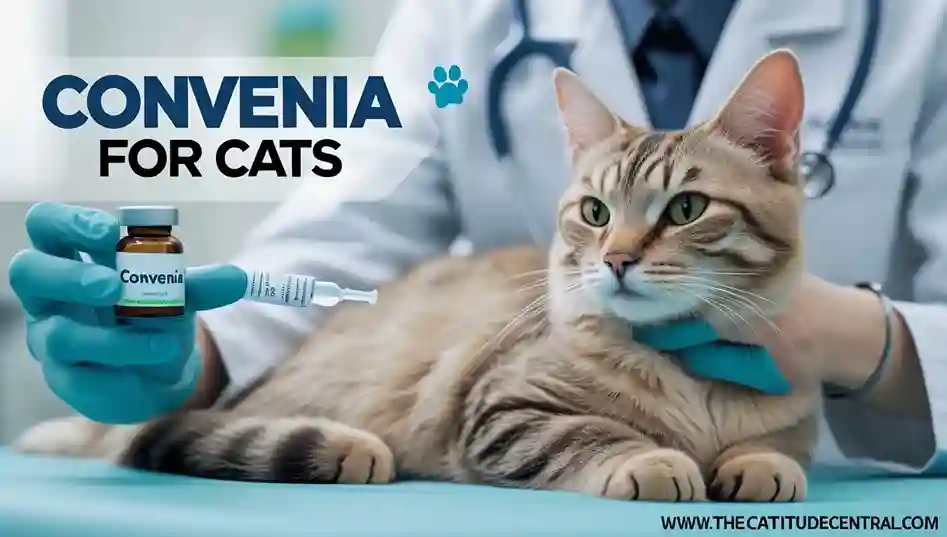Eggs are a staple in many human diets, packed with protein and nutrients, but can cats eat eggs? As a cat owner, you might wonder if this common kitchen ingredient is safe and beneficial for your feline friend. Cats are obligate carnivores, meaning their diet primarily consists of meat, but certain human foods like eggs can sometimes complement their nutrition.
This comprehensive guide explores whether can cats eat eggs, the potential benefits, risks, safe preparation methods, and expert tips to ensure your cat’s health. We’ll also highlight relevant products available on Amazon and address common questions sourced from Google Trends.
Why Consider Eggs for Your Cat?
Eggs are a powerhouse of nutrition for humans, containing high-quality protein, essential amino acids, vitamins like B12, and minerals such as selenium. But can cats eat eggs and gain similar benefits? The short answer is yes, in moderation and when prepared correctly. Eggs can serve as an occasional treat or dietary supplement for cats, offering a nutrient-dense addition to their meals.
Nutritional Benefits of Eggs for Cats
Eggs provide several nutrients that align with a cat’s dietary needs:
- High-Quality Protein: Cats thrive on protein, and eggs are an excellent source. The protein in eggs supports muscle development, tissue repair, and overall growth.
- Amino Acids: Eggs contain essential amino acids like taurine, which is critical for feline heart health, vision, and reproduction.
- Healthy Fats: The yolk provides healthy fats that support skin and coat health, giving your cat a glossy, vibrant coat.
- Vitamins and Minerals: Eggs are rich in vitamins A, D, E, and B12, as well as minerals like phosphorus and selenium, which contribute to immune health and energy metabolism.
For example, the yolk is particularly nutrient-dense, offering choline, which supports brain function and liver health. However, while these benefits make eggs appealing, can cats eat eggs without any risks? Let’s dive into the considerations.
Are Eggs Safe for Cats?
When asking, “Can cats eat eggs?” safety is a top concern. Eggs are generally safe for cats when cooked and served in moderation, but there are important caveats to consider.
Safe Preparation Methods
- Cook Thoroughly: Raw eggs pose risks like salmonella or E. coli, which can harm both cats and humans. Always cook eggs (boiled, scrambled, or poached) without additives like salt, butter, or spices.
- Avoid Raw Egg Whites: Raw egg whites contain avidin, a protein that can interfere with biotin absorption, potentially leading to skin and coat issues over time.
- Moderation is Key: Eggs should be an occasional treat, not a staple. A small piece of egg once or twice a week is sufficient for most cats, depending on their size and dietary needs.
Potential Risks of Feeding Eggs to Cats
While can cats eat eggs, there are potential risks to be aware of:
- Allergies: Some cats may be allergic to eggs, leading to symptoms like vomiting, diarrhea, or skin irritation. Introduce eggs gradually and monitor for adverse reactions.
- High Fat Content: The yolk’s fat content, while beneficial in small amounts, can contribute to weight gain or pancreatitis in cats prone to obesity or digestive issues.
- Choking Hazard: Large pieces of egg can pose a choking risk, especially for kittens or senior cats. Always chop or mash eggs into small, manageable pieces.
To ensure safety, consult your veterinarian before adding eggs to your cat’s diet, especially if your cat has pre-existing health conditions.
How to Feed Eggs to Your Cat
If you’re ready to try feeding eggs to your cat, follow these steps to do it safely and effectively.
Step-by-Step Guide to Feeding Eggs
- Choose Fresh, High-Quality Eggs: Opt for organic or free-range eggs to minimize exposure to antibiotics or hormones. A great option available on Amazon is Vital Farms Pasture-Raised Large Eggs, known for their quality and ethical sourcing.
- Cook the Eggs: Hard-boil, scramble, or poach the eggs without any seasonings. For scrambled eggs, use a non-stick pan without oil or butter to keep it cat-friendly.
- Cool and Chop: Let the eggs cool completely to avoid burns, then chop or mash them into small pieces to prevent choking.
- Start Small: Offer a small portion (e.g., a teaspoon of scrambled egg or a small slice of boiled egg) to gauge your cat’s reaction.
- Monitor for Reactions: Watch for signs of digestive upset or allergies, such as vomiting, diarrhea, or excessive scratching, over the next 24-48 hours.
- Limit Frequency: Serve eggs as a treat, not a daily meal. A general guideline is 10-20 calories from eggs per week for an average-sized cat (about 1/4 to 1/2 an egg).
Creative Ways to Incorporate Eggs
- Mix with Cat Food: Blend a small amount of mashed boiled egg into your cat’s regular wet food to enhance flavor and nutrition.
- Training Treats: Use tiny pieces of boiled egg as a high-value reward during training sessions.
- Homemade Cat Treats: Combine mashed egg with cat-safe ingredients like canned tuna or pureed pumpkin for a homemade treat. Always check with your vet before experimenting.
For cats with sensitive stomachs, consider Pet Naturals of Vermont Daily Multi for Cats from Amazon to support overall digestive health when introducing new foods like eggs.
Can Cats Eat Eggs in Different Forms?
When exploring whether can cats eat eggs, the form of the egg matters. Here’s a breakdown of common preparations:
Hard-Boiled Eggs
Hard-boiled eggs are one of the safest options for cats. They’re easy to prepare, portable, and free of added fats. Remove the shell, mash or chop the egg, and serve a small portion. The yolk can be included but should be limited due to its fat content.
Scrambled Eggs
Scrambled eggs are a popular choice but must be cooked without oil, butter, milk, or seasonings. Plain scrambled eggs can be a tasty treat, but avoid overfeeding to prevent digestive upset.
Poached Eggs
Poached eggs are safe as long as they’re fully cooked. They’re a softer option for senior cats or those with dental issues, but ensure they’re cooled and cut into small pieces.
Raw Eggs
Raw eggs are not recommended due to the risk of bacterial contamination and biotin deficiency from raw egg whites. If you’re considering a raw diet, consult a veterinarian to ensure it’s balanced and safe.
Egg Shells
Some cat owners wonder if eggshells are safe, as they’re a source of calcium. While ground eggshells can be used in homemade cat food recipes, they must be finely powdered to avoid choking or digestive irritation. Always consult a vet before adding eggshells to your cat’s diet.
What Do Experts Say About Cats and Eggs?
Veterinary experts generally agree that can cats eat eggs in moderation as part of a balanced diet. According to the American Society for the Prevention of Cruelty to Animals (ASPCA), cooked eggs are safe for cats but should not replace a complete, nutritionally balanced cat food. The Pet Poison Helpline also notes that raw eggs should be avoided due to bacterial risks.
Dr. Jennifer Coates, a veterinarian and writer for PetMD, states, “Eggs can be a healthy occasional treat for cats, provided they’re cooked and served plain. They’re a great source of protein but should be given sparingly to avoid dietary imbalances.”
For cats on a commercial diet, ensure their primary food is AAFCO-approved, such as Blue Buffalo Wilderness High Protein Grain Free Wet Cat Food available on Amazon, to meet all nutritional needs before adding treats like eggs.
FAQs about Can Cats Eat Eggs
Google Trends reveals that pet owners frequently search for information about feeding eggs to cats. Here are answers to some trending questions:
Can Cats Eat Egg Yolks?
Yes, cats can eat egg yolks in moderation. The yolk is rich in healthy fats and nutrients like choline, but its high fat content means it should be limited to avoid weight gain or pancreatitis. A small piece of yolk once a week is typically safe for most cats.
Can Cats Eat Egg Whites?
Cooked egg whites are safe and provide lean protein, but raw egg whites should be avoided due to avidin, which can inhibit biotin absorption. Always cook egg whites thoroughly and serve in small amounts.
Can Kittens Eat Eggs?
Kittens can eat small amounts of cooked eggs as a treat, but their primary diet should be a high-quality kitten food like Royal Canin Feline Health Nutrition Kitten Food (ASIN: B01N6N6Z7F) from Amazon. Introduce eggs gradually and consult a vet, as kittens have sensitive digestive systems.
Can Cats Eat Scrambled Eggs with Milk?
No, scrambled eggs with milk should be avoided. Many cats are lactose intolerant, and milk can cause digestive upset. Prepare scrambled eggs plain for safe consumption.
Are Eggs Good for Cats with Kidney Disease?
Cats with kidney disease require a specialized diet, and eggs may not be suitable due to their phosphorus content. Always consult a veterinarian before offering eggs to a cat with health issues.
Conclusion
So, can cats eat eggs? Yes, when cooked and served in moderation, eggs can be a nutritious and tasty treat for your cat. They offer high-quality protein, essential amino acids, and healthy fats that support overall health, but they must be prepared safely and given sparingly to avoid risks like allergies or digestive upset. By following the guidelines in this post—choosing high-quality eggs, cooking them plain, and monitoring your cat’s reaction—you can safely incorporate eggs into your cat’s diet.
For cat owners looking to enhance their pet’s nutrition, consider pairing eggs with a balanced diet using products like Blue Buffalo Wilderness High Protein Grain Free Wet Cat Food or Royal Canin Feline Health Nutrition Kitten Food from Amazon. Always consult your veterinarian before making dietary changes, especially for cats with health conditions.
By addressing common questions from Google Trends, this guide aims to be a go-to resource for cat owners curious about feeding eggs to cats. Share your experiences in the comments below, and let us know how your cat enjoys their egg treats!
Sources:



